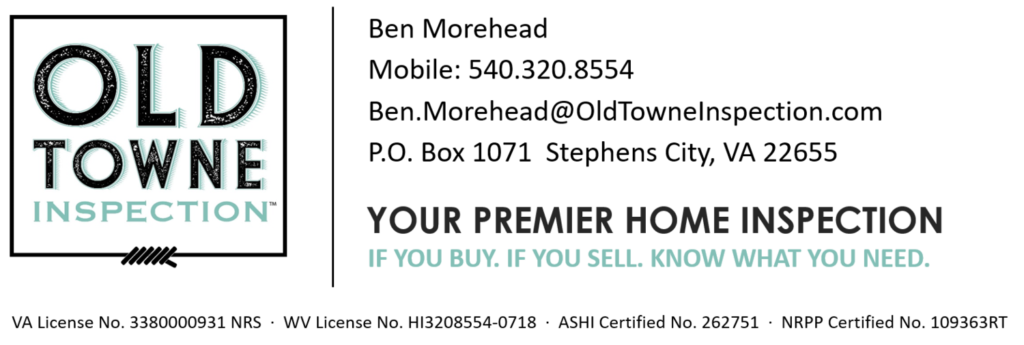Terms & Policies

LIMITATIONS AND CONDITIONS OF THE HOME INSPECTION
There are limitations to the scope of the Inspection. It provides a general overview of the more obvious repairs that may be needed. It is not intended to be an exhaustive list. The ultimate decision of what to repair or replace is yours. One homeowner may decide that certain conditions require repair or replacement, while another will not.
1) THE INSPECTION IS NOT TECHNICALLY EXHAUSTIVE.
The Home Inspection provides you with a basic overview of the condition of the a home. Because your Home Inspector has only a limited amount of time to go through the property, the Inspection is not technically exhaustive.
Some conditions noted, such as foundation cracks or other signs of settling in a house, may either be cosmetic or may indicate a potential problem that is beyond the scope of the Home Inspection.
If you are concerned about any conditions noted in the Home Inspection Report, we strongly recommend that you consult a qualified Licensed Contractor or Consulting Engineer. These professionals can provide a more detailed analysis of any conditions noted in the Report at an additional cost
2) THE INSPECTION IS AN OPINION OF THE PRESENT CONDITION OF THE VISIBLE COMPONENTS.
The Home Inspector’s Report is an opinion of the present condition of the property. It is based on a visual examination of the readily accessible features of the building.
A Home Inspection does not include identifying defects that are hidden behind walls, floors or ceilings. This includes wiring, heating, cooling, structure, plumbing and insulation that are hidden or inaccessible.
Some intermittent problems may not be obvious during a Home Inspection because they only happen under certain circumstances. As an example, your Home Inspector may not discover leaks that occur only during certain weather conditions or when a specific tap or appliance is being used in everyday life.
Home Inspectors will not find conditions that may only be visible when storage or furniture is moved. They do not remove wall coverings (including wallpaper) or lift flooring (including carpet) or move storage to look underneath or behind.
3) THE INSPECTION DOES NOT INCLUDE HAZARDOUS MATERIALS.
This includes building materials that are now suspected of posing a risk to health such as phenol-formaldehyde and urea-formaldehyde based insulation, fiberglass insulation and vermiculite insulation. The Inspector does not identify asbestos roofing, siding, wall, ceiling or floor finishes, insulation or fireproofing. The Inspector does not look for lead or other toxic metals in such things as pipes, paint or window coverings.
The Inspection does not deal with environmental hazards such as the past use of insecticides, fungicides, herbicides or pesticides. The Home Inspector does not look for, or comment on, the past use of chemical termite treatments in or around the property.
4) ASHI STANDARDS OF PRACTICE.
In order to provide clients with a more thorough inspection and report, Old Towne Inspection has chosen to exceed the Standards of Practice when and where possible. The inspection will be conducted under Standard of Practice (SOP) promulgated by the American Society of Home Inspectors (ASHI). A copy of the ASHI SOP can be found at www.homeinspector.org.
5) WE DO NOT COMMENT ON THE QUALITY OF AIR IN A BUILDING.
The Inspector does not try to determine if there are irritants, pollutants, contaminants, or toxic materials in or around the building.
The Inspection does not include spores, fungus, mold or mildew that may be present. You should note that whenever there is water damage noted in the report, there is a possibility that mold or mildew may be present, unseen behind a wall, floor or ceiling.
If anyone in your home suffers from allergies or heightened sensitivity to quality of air, we strongly recommend that you consult a qualified Environmental Consultant who can test for toxic materials, mold and allergens at additional cost.
5) WE DON’T LOOK FOR BURIED TANKS.
Your Home Inspector does not look for and is not responsible for fuel oil, septic or gasoline tanks that may be buried on the property. If the building had its heating system converted from oil, there will always be the possibility that a tank may remain buried on the property.
If fuel oil or other storage tanks remain on the property, you may be responsible for their removal and the safe disposal of any contaminated soil. If you suspect there is a buried tank, we strongly recommend that you retain a qualified Environmental Consultant to determine whether this is a potential problem.
6) REPORT IS FOR THE CLIENT ONLY
The inspection report is for the exclusive use of the client named herein. No use of the information by any other party is intended.
7) CANCELLATION FEE
If the inspection is cancelled within 24 hours of the appointment time, a cancellation fee of 50% of the inspection fee will apply.
8) PAYMENT IS DUE AT TIME OF INSPECTION.
Cash, Check and Credit Card are accepted. A 3% fee is assessed when using a credit card.
